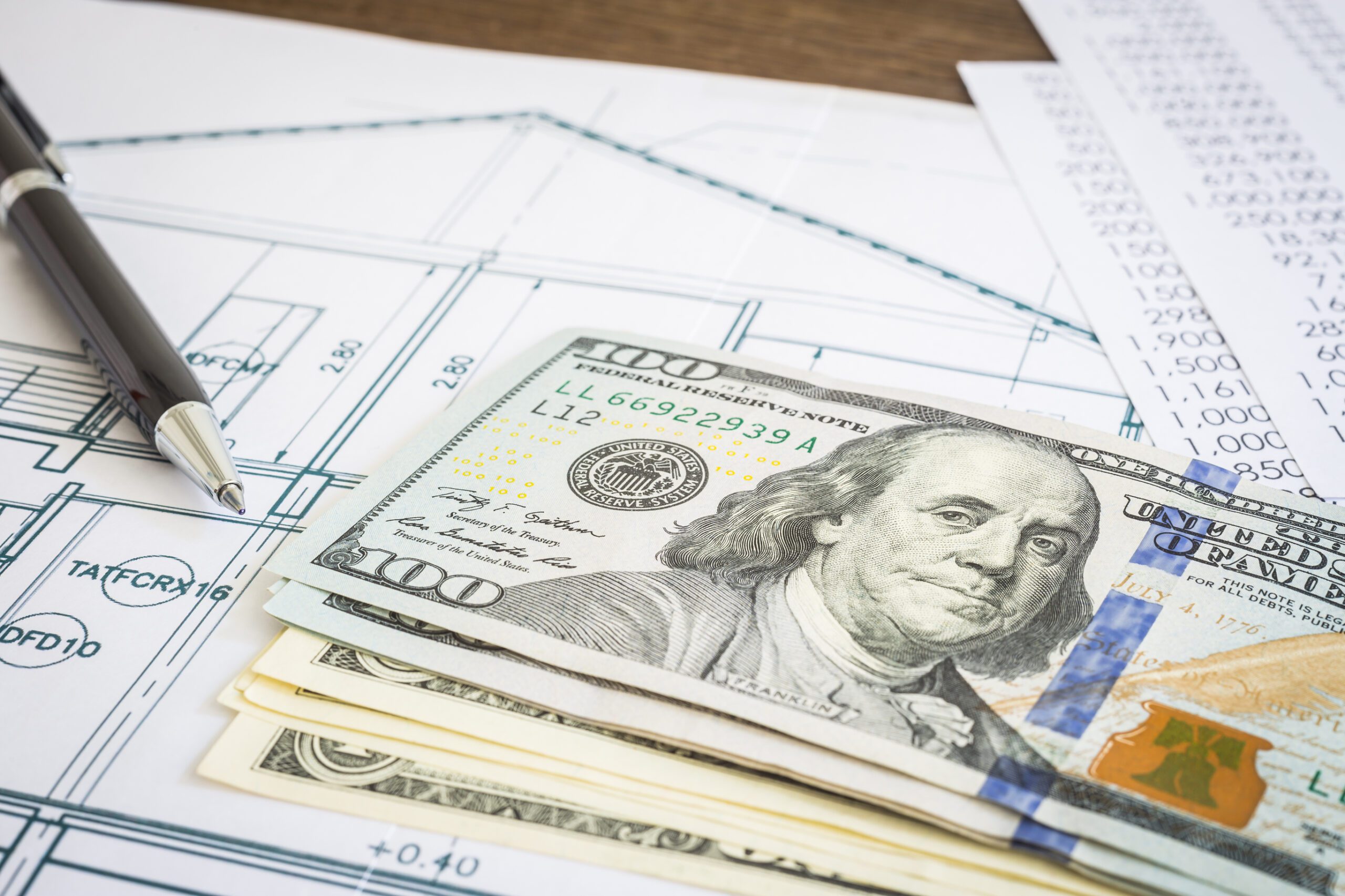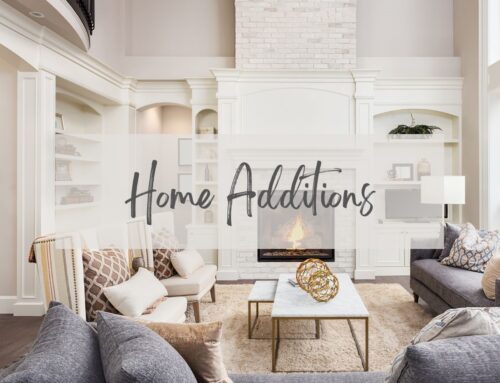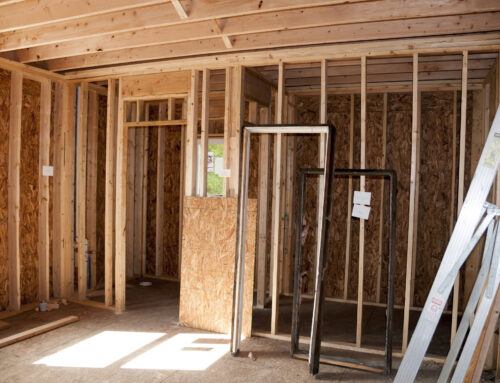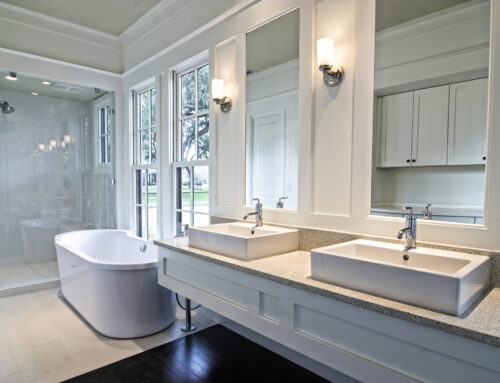Using SBA Loans for Commercial Construction
The U.S. Small Business Administration (SBA) is a great asset for businesses to utilize – particularly for business loans. In fact the SBA’s 7(a) loan is very popular since it is flexible for use and can be up to $5 million. This loan is great for companies to pay builders in stages – as the loan can be structured around stages of construction work. The 7(a) loans are available in various disbursements as opposed to one-time single sum payments. Because commercial construction projects are often costly and large, construction loans are frequently the biggest in the 7(a) loan program. Large and costly building projects have associated risks with them, so the loan’s structure of various payments can help reduce that risk thanks to the break down of affiliated work stages.
For 7(a) loans, there should be agreements between borrowers and lenders in the contracts on details such as construction modifications after the project starts. There are reasons to keep to the agreed-upon loan amount, payment sums, and to prevent costly post-contract work change-orders. There should be contract agreements that prevent the borrowers from obtaining these construction changes without agreement and approval from the lender. For example, the borrower may wish to revise lighting fixtures late in the project, or there may be HVAC issues which increase associated costs.
There can be additional specific documentation required for the loan, such as contractors’ insurance certifications to show the builder has viable worker’s comp. And there should be copies of approved project specifications and construction plans. All of this documentation is expected for the lenders to have for the SBA loan to be approved.
The “Authorization for Disbursement” has to be signed and dated by the borrower for finalization of the loan agreement. This documentation indicates the construction dollar amount status comparing the total amount with balance. Each fund payment request needs a separate form. This should also have included:
- Completed W9s for vendors
- Lien waivers for contract work
- Inspection reports
- Borrower’s contact and location info for sending money
- Completed American Institute of Architects (AIA) forms for change orders and contracted work
- Credit statements and invoices
There are supplementary documents which can aid in getting faster approvals for loan payments (even though they are not absolutely required). These can include the finished IRS W9 forms (for independent contractors) and the SBA 601 (Agreement of Compliance forms for contractors obtaining over $10,000 during the project). These documents could also include forms signed by insured and licensed contractors – which should show descriptions of the work and price totals.






